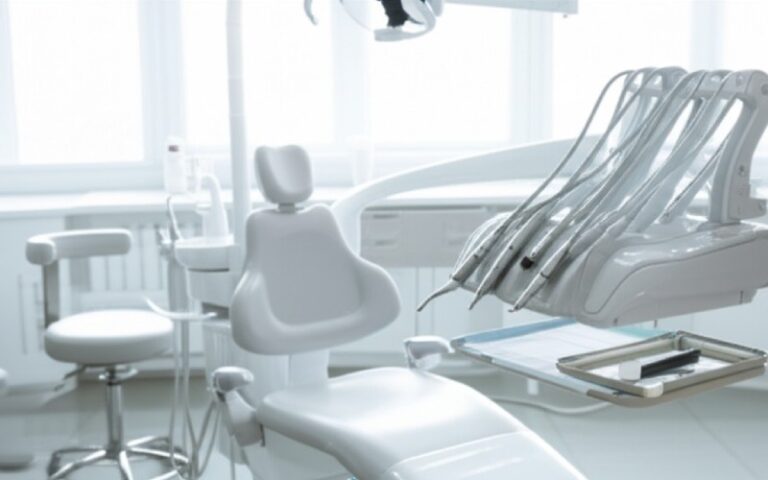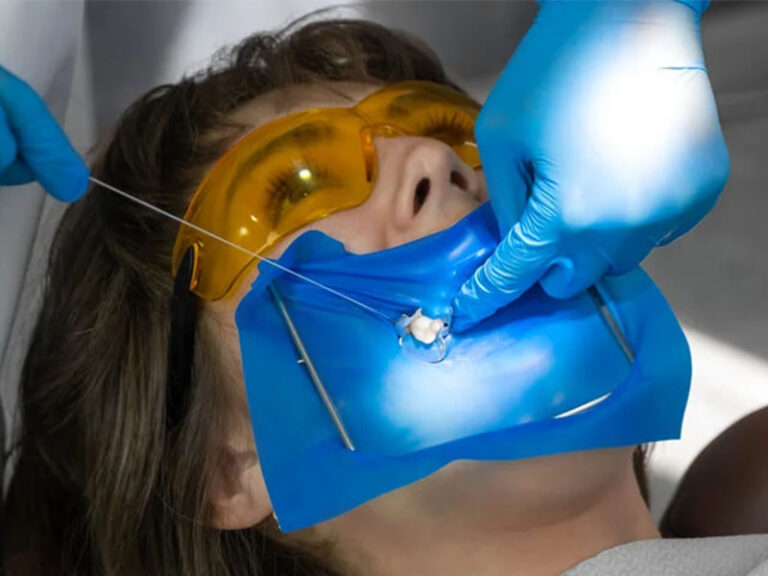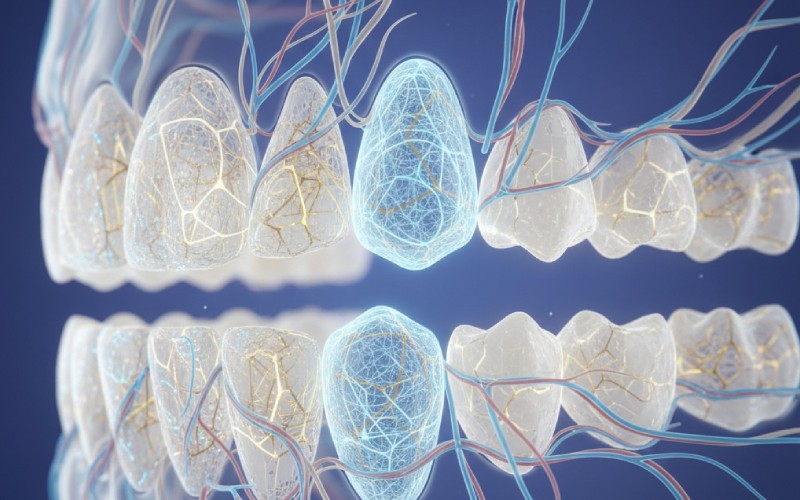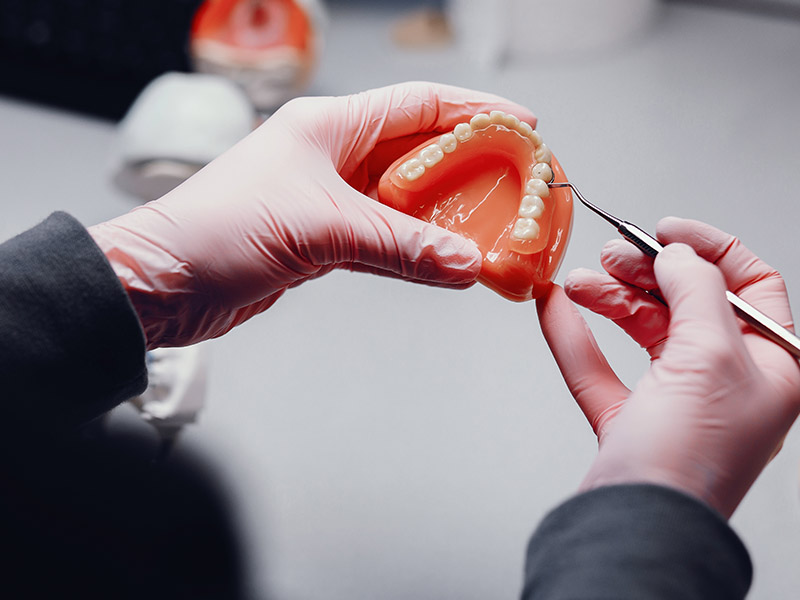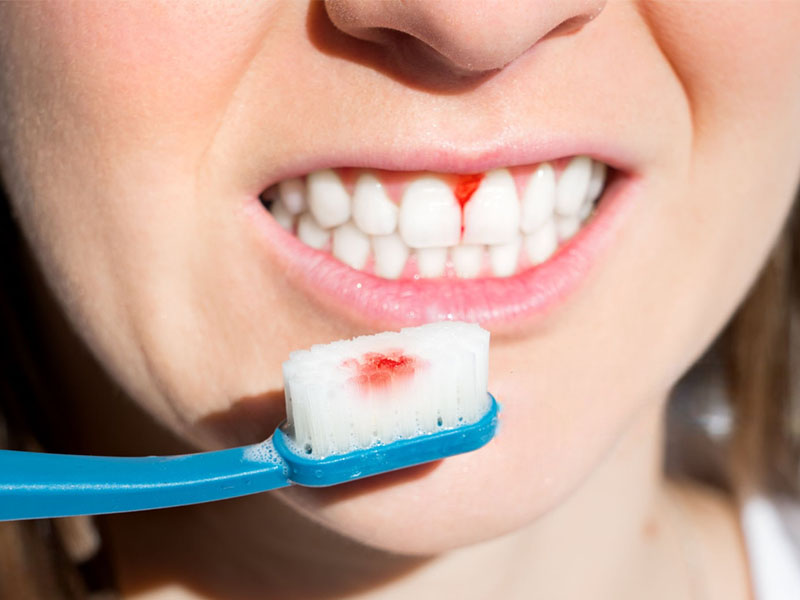
What is the Main Cause of Bleeding Gums and How Can You Stop the Bleed?
This article is for you if your gums have ever bled and scared you. We will look at the most common cause of bleeding gums, from simple things you can fix today to more serious health problems. We’ll talk about how to stop the bleed and when it’s time to visit your dentist. This information is important because your oral health is a window to your overall health.
Indholdsfortegnelse
Why Do My Gums Bleed When I Brush My Teeth?
The main reason your gums bleed when you brush is a buildup of plaque. Plaque is a sticky film of germs that is always growing on your teeth. If you do not brush your teeth and floss every day, this plaque buildup stays along the gum line. This can irritate the gums. When your gums get irritated, they can swell and become red. These are inflamed gums.
When your gums are inflamed, they are much more likely to bleed. Even gentle brushing can cause bleeding. This early stage of gum disease is very common. The good news is that you can usually fix it with better dental care. Getting rid of the plaque is the key to making your bleeding gums healthy again. Maintaining good oral health starts here. When you see your gums bleed, it’s a sign that you need to pay more attention to your teeth and gums.
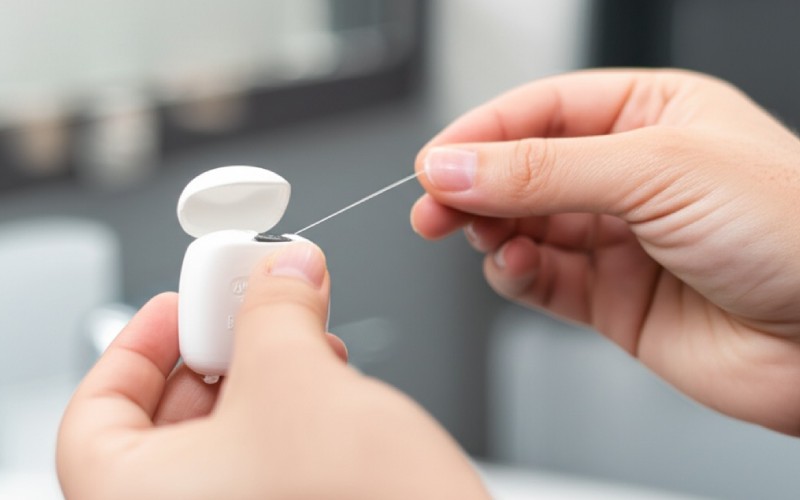
What is Gingivitis and How Does it Cause Bleeding Gums?
The name for this early stage of gum disease is gingivitis. Gingivitis means your gums are inflamed. The main cause of bleeding gums is the buildup of germs that leads to gingivitis. When you have gingivitis, your gums might look red and puffy. They might feel sore, creating tender gums. This is your body’s way of fighting the germs along the gum line. The inflammation makes the tiny blood vessels in your gums very delicate.
Because they are so delicate, they can break open and bleed easily. This is why you see blood when brushing or flossing. Gingivitis is a warning sign. It’s your body telling you to improve your oral health habits. If you ignore it, it can get worse. The problem of bleeding gums may lead to bigger oral health problems down the road. Treating gingivitis is the first step to stop the bleed.
Could I Be Brushing Too Hard?
Yes, brushing too hard can definitely cause bleeding. You might think that brushing harder means your teeth would be cleaner. You are wrong. Using a hard toothbrush or scrubbing with too much force can damage your gums. It can irritate the gums and make them recede or pull away from your teeth. This also makes them more likely to bleed.
Your dentist can show you the right way to brush. You should use a soft-bristled toothbrush. Hold it at a 45-degree angle to your gumline. Use gentle, circular motions instead of scrubbing back and forth. Think of it as massaging your teeth and gums, not scrubbing a floor. Switching to a gentler technique can make a big difference and help stop your gums to bleed. It’s a simple change that can protect your dental health.
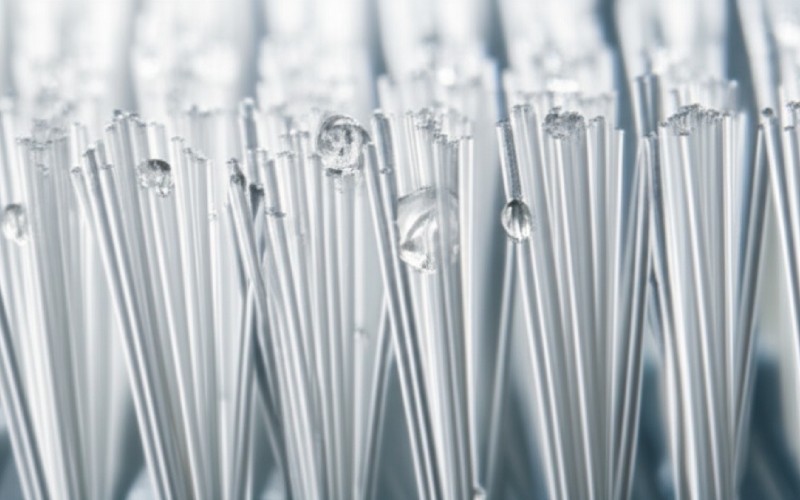
Is Flossing Supposed to Make My Gums Bleed?
When you first start to floss regularly, your gums will bleed every time. You may think you are doing something wrong. It is common for gums to bleed a little when you first start flossing. This happens because the floss is cleaning areas your brush can’t reach, where plaque has been sitting and causing gum inflammation.
You should not stop flossing if you see some blood. If you keep it up, the bleeding gums should stop in about a week or two. This is because the floss is removing the plaque that was causing the problem. Your gums will get healthier and stronger. However, if your gums continue to bleed heavily after two weeks of daily flossing, you should talk to your dentist. This could be a sign of a deeper issue, like gum disease.
What is Periodontal Disease and How is it Different?
If gingivitis is not treated, it can turn into a more serious type of gum disease called periodontitis. This is a more advanced health condition. With periodontitis, the inflammation goes deeper. It starts to affect the tissue and bone that support your teeth. This is a serious periodontal issue. Your gums may pull away from your teeth, creating pockets where more germs can hide.
This is a big step up from gingivitis. Periodontal disease can lead to tooth decay, loose teeth, and even tooth loss. The bleeding gums may become more frequent and heavy. While gingivitis is reversible, the damage from periodontitis often is not. That’s why it is so important to catch gum disease early. If you think you might have more than just mild gingivitis, you must see a dentist. A special dentist called a periodontist can treat advanced periodontal disease.
Can Other Health Problems Cause My Gums to Bleed?
Yes, sometimes bleeding gums are a sign of another health condition in your body. Your oral health is connected to your overall health. For example, people with diabetes have a higher risk for bleeding gums. This is because high blood sugar levels make it harder for the body to fight germs, which can lead to more severe gum disease.
Other conditions can also cause gum bleeding. Changes in hormones during pregnancy can make gums more sensitive and likely to swell and bleed. In very rare cases, frequent and heavy bleeding gums can also be a sign of a serious health condition like leukemia. With leukemia, the body cannot make enough platelets, which are cells that help your blood clot. This is why you should always tell your dentist or doctor about persistent bleeding gums.
Are Medications a Possible Cause of Bleeding Gums?
Some medicines can make your gums bleed. The most common ones are blood thinning medications, like aspirin or warfarin. These drugs are important for preventing heart attacks and strokes, but they reduce your blood’s ability to clot. This means even a small cut on your gums from brushing can bleed more than usual.
Other medications can also cause problems. Some can cause dry mouth, which means you have less saliva to wash away germs. This can lead to more plaque buildup and gingivitis. If you start a new medication and notice your gums are bleeding, talk to your doctor. Do not stop taking your medicine. Your doctor can help you manage the side effects while protecting your dental health.
Could a Lack of Vitamin K or Little Vitamin C be the Culprit?
Your diet plays a big role in your oral health. If you have swollen and bleeding gums, it could be a sign of a vitamin deficiency. A lack of vitamin K is one of the possible causes. Vitamin K is very important for helping your blood clot properly. If you don’t have enough, you may find that your gums bleed easily. Good sources of vitamin K include spinach, kale, and other leafy greens.
Having too little vitamin C can also cause gum problems. Vitamin C is needed to keep the connective tissues in your gums strong and healthy. It also helps with healing. Without enough of it, your gums become weak and can bleed. Citrus fruits, strawberries, and bell peppers are full of vitamin C. A balanced diet not only strengthens your bones and teeth but also helps you fight gum disease.
When Should I See a Dentist or Doctor About My Bleeding Gums?
It’s important to know when to handle bleeding gums at home and when to get professional help. You should see a dentist if the bleeding does not stop after one or two weeks of good oral hygiene. If your gums bleed every time you brush, or if they are very red, swollen, or painful, make an appointment. These are signs that you might have gum disease that needs treatment.
You should also see your dentist if you have other symptoms like bad breath that won’t go away, loose teeth, or a change in how your teeth fit together. These are signs of more advanced periodontal disease. Waiting only makes the problem worse. Your dental team can perform a cleaning, check for oral health issues, and recommend a plan to get your gums healthy again. Early action is the best way to prevent serious problems.
What Can I Do for Maintaining Good Oral Health at Home?
The best way to stop bleeding gums and prevent gum disease is by maintaining good oral habits every day. First, brush your teeth twice a day for two minutes. Use a soft toothbrush and fluoride toothpaste. Be gentle, especially around the gumline.
Second, you must floss every single day. Flossing removes the plaque and food stuck between your teeth that your brush cannot reach. This is often where gum disease starts. If your gums bleed at first, keep going. They will get stronger. You can also try rinsing your mouth with warm salt water. This can help soothe sore gums and reduce inflammation. These simple steps are the foundation of great oral health and are your best defense against bleeding gums.
Ting at huske på
- The most common reason for bleeding gums is plaque buildup, which causes an early form of gum disease called gingivitis.
- You can often stop the bleed at home with better habits. Brush gently twice a day and floss every day.
- Brushing too hard or using a hard-bristled toothbrush can damage your gums and cause gum bleeding.
- Sometimes, bleeding gums can be a sign of other things, like a vitamin deficiency, side effects from medication, or a more serious health condition.
- If your gums continue to bleed for more than two weeks, are very painful, or if you have other worrying symptoms, it is important to see your dentist. Don’t wait.

